
Gestational diabetes is a common pregnancy complication which affects 7 out of 100 women. In India, the risk of gestational diabetes is considered to be one of the highest, with 26.7% pregnancies reported with GDM (Gestational Diabetes Mellitus). Considering the number of risks it poses, gestational diabetes is a serious problem which can induce complications with labour and delivery, and bring on additional risks for women later in life.
What is it?

When a woman develops diabetes mellitus for the first time during pregnancy, it is said to be gestational diabetes. While the condition resolves on its own once the baby is born, the health risks and consequent side-effects it carries for the mom and the baby make it a serious problem.
There is no exact cause associated with diabetes during pregnancy. However, doctors say that hormone production during pregnancy can make it difficult for the body to harness and synthesize insulin produced by the body, something which happens with Type-2 diabetes as well.
What causes it? Is there a way to prevent gestational diabetes?
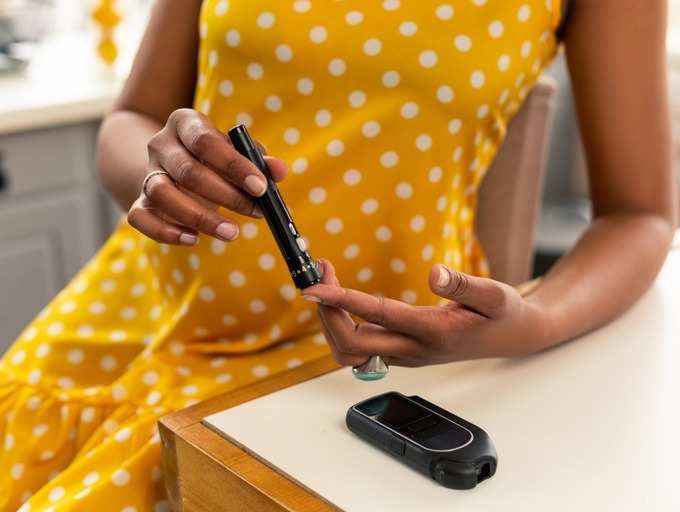
Gestational diabetes is diagnosed around the 22nd or the 24th week of the pregnancy, when hormone production particularly, human placental lactogen (HPL) is at its peak. The complications, during pregnancy and birth increase the odds of a woman having a cesarean delivery, have a stillbirth, develop preeclampsia or Type 2 diabetes later in life.
Gestational diabetes shows no predominant signs but women can experience a host of symptoms including excessive thirst, skin infections, nausea, fatigue and frequent urination. However, there are ways a woman can determine if she is at risk at an early stage. Here are some warning triggers:
If you have a late pregnancy
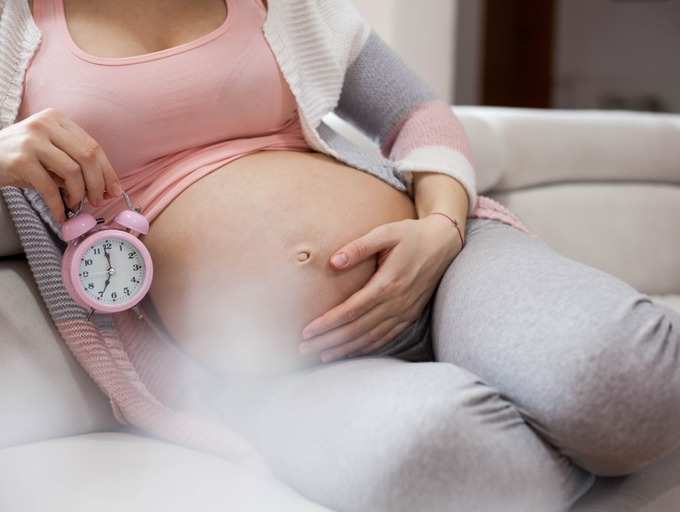
Age has a direct correlation with pregnancy risks. Typically, women who carry a pregnancy past the age of 35 are at a higher risk of developing gestational diabetes. Certain fetal chromosomal faults also make it harder for a woman to have a healthy risk-free pregnancy. In fact, a recent study found out that the risk of gestational diabetes goes up with age, with women in the 35-40 age bracket most vulnerable of developing diabetic complications.
If you have a family history with diabetes or other underlying medical conditions
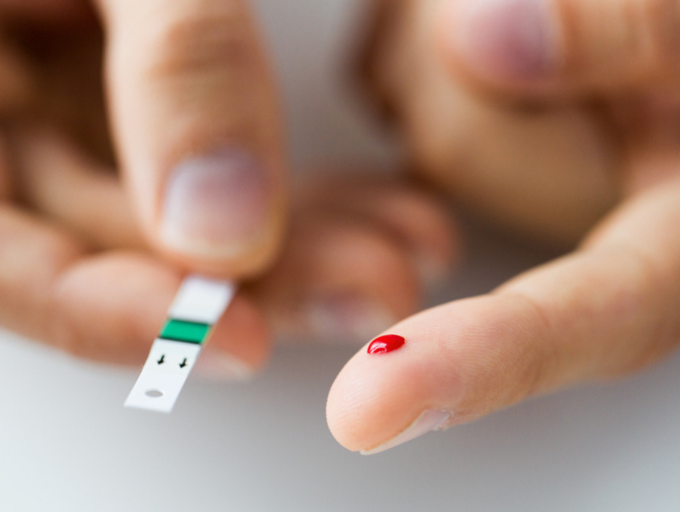
Having a family history of diabetes or a precursor with an existing medical condition can prove to be a hindrance to a healthy pregnancy. Gestational diabetes has been predominantly linked to PCOS (Polycystic Ovary Syndrome), which causes hormonal imbalance and fertility problems. The risk of developing GDM also goes up by 66% if you have had a brush with the same in your previous pregnancy.
Weight

Battling obesity during pregnancy increases stress on your body and disturbs routine hormonal functioning. In such a scenario, the risk of developing gestational diabetes runs high. It can also put the baby at risk. Experts say that overweight mothers diagnosed with gestational diabetes are at a higher risk of giving birth to babies with high birth weight.
How is it resolved?
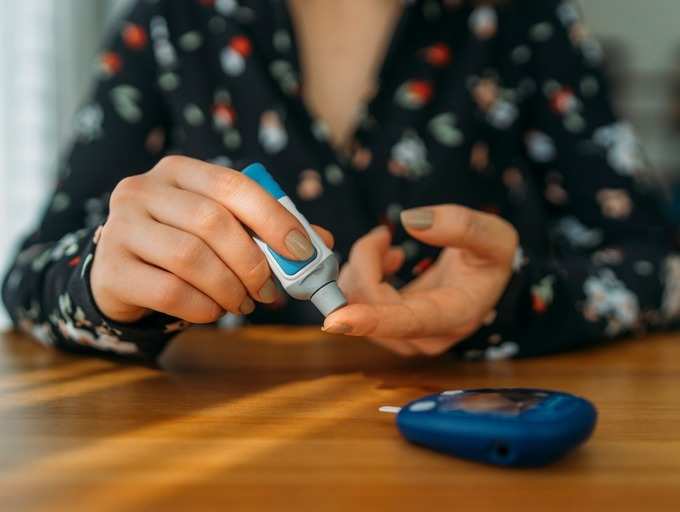
Gestational diabetes is a temporary problem which usually goes away once the baby is born. However, it is a preventable condition which can be well taken care of with some measures and take care of any health complications. Here are some of the steps pregnant women can take:
Follow a healthy diet and exercise

Eating for two without any care is not just dangerous but bad for you and your baby's health. It's important to follow a good diet which supplements all food groups and takes care of any deficiencies. If you are at risk for gestational diabetes, following a disciplined dietician's advice can lessen risks.
Exercise is a good measure to balance blood sugar levels at any age. Pregnant women must remain physically active through the course of nine months. It can also help prepare you for labour and delivery. Here are some exercises you can follow.
Keep a check on your blood sugar readings
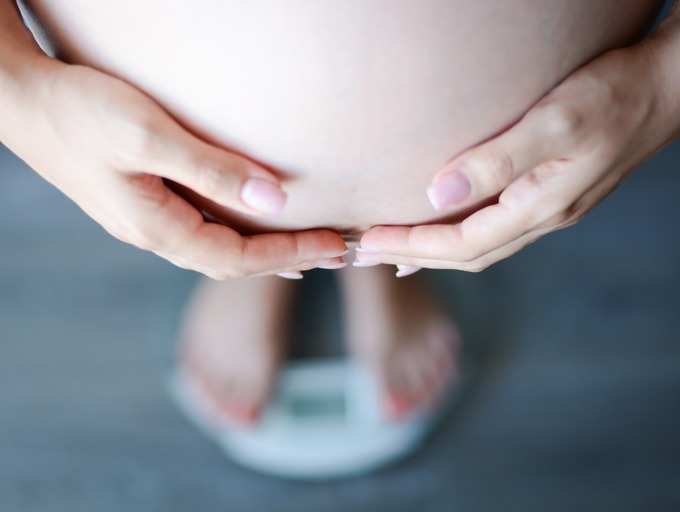
One of the most important things to take care with any diabetes diagnosis is constant check and follow-ups. Monitor your blood sugar readings regularly. Around 10-15% of women may also be prescribed medications to balance out insulin synthesis in the body.
Adopting these simple tweaks or making changes in your life can cut down the risk of developing diabetes later on, which is much more harmful.


0 Comments